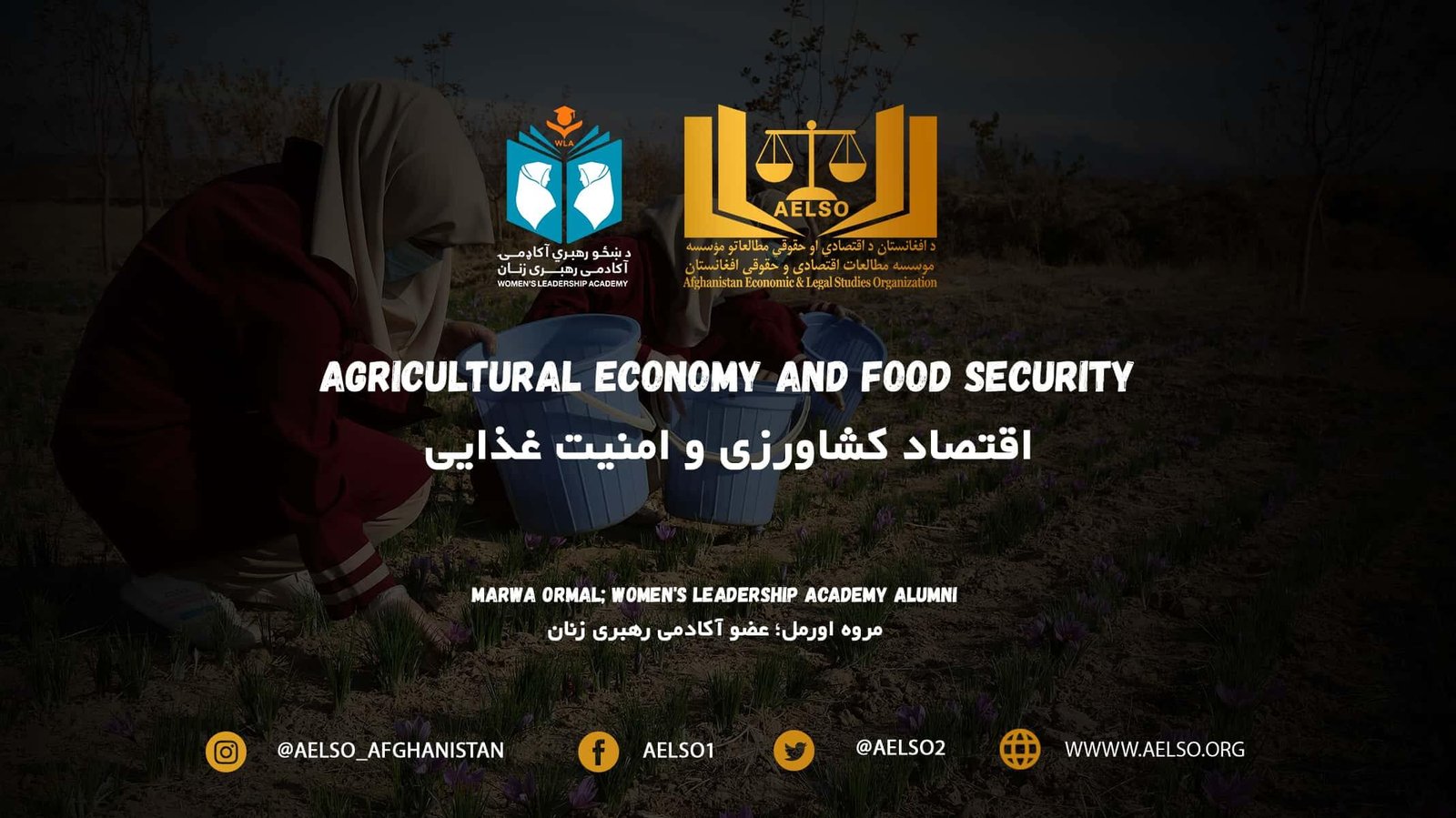
Agricultural Economy and Food Security
Agricultural economics is the science that examines how economic principles and laws are applied to agriculture, addressing the economic challenges faced by the agricultural sector and farmers, while also considering its connection to other sectors of the national economy. And food security, in its scientific meaning, is a calculated method for solving food and nutrition problems and it is a defined framework for planning and development management. In the World Food Summit in 1996, a very comprehensive definition of food security was presented: all individuals, at all times, should have physical and economic access to sufficient quantities of safe and nutritious food that meet their dietary needs and food preferences in order to have an active and healthy life.
The discussion on food security began over 50 years ago, back to the Universal Declaration of Human Rights by the United Nations in 1948. Among all other sectors, agriculture is especially important because it plays the main role in completing the human food chain in the consumer’s food basket.
Agriculture is a production industry like others, but it is different in its form and nature. Understanding the characteristics of agriculture in developing countries helps in making effective strategies and plans for its development.
In modern agriculture, the goal of production is not just to meet household needs, but to use available opportunities to maximize income and profit. Inputs for production come from different sectors of the national economy and even from abroad. These inputs go through a technical production process, using effective and efficient methods, under the supervision of the farm manager. The final products are then offered at the right time, in the right form, with high quality, and according to the demands of both domestic and international markets
Keywords:
Agricultural economics, food security, modern agriculture, sustainable rural development, production and consumption